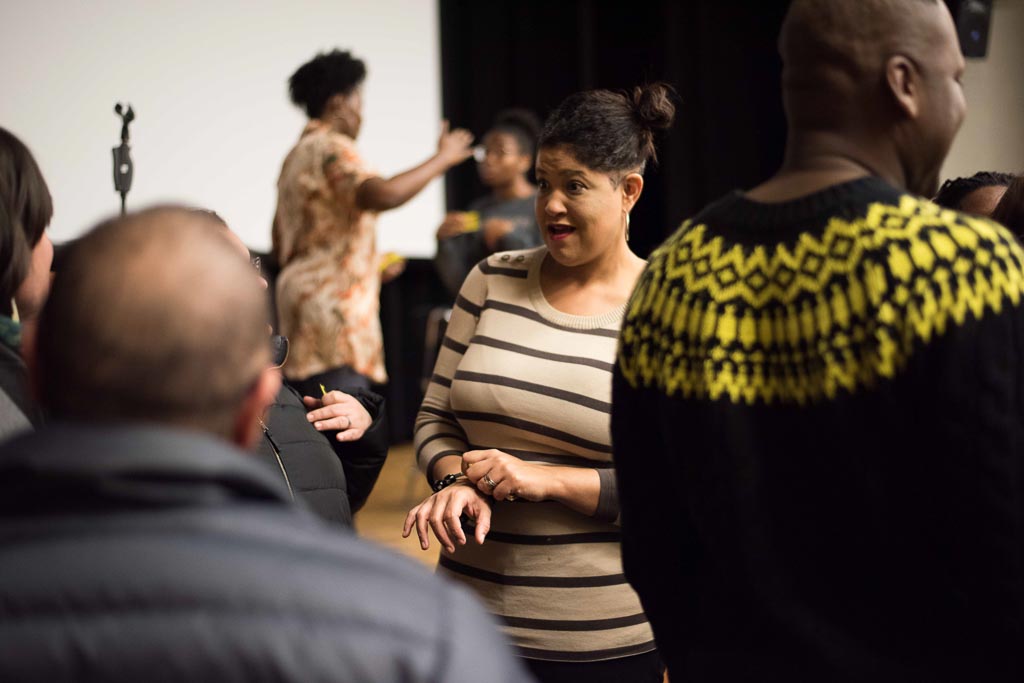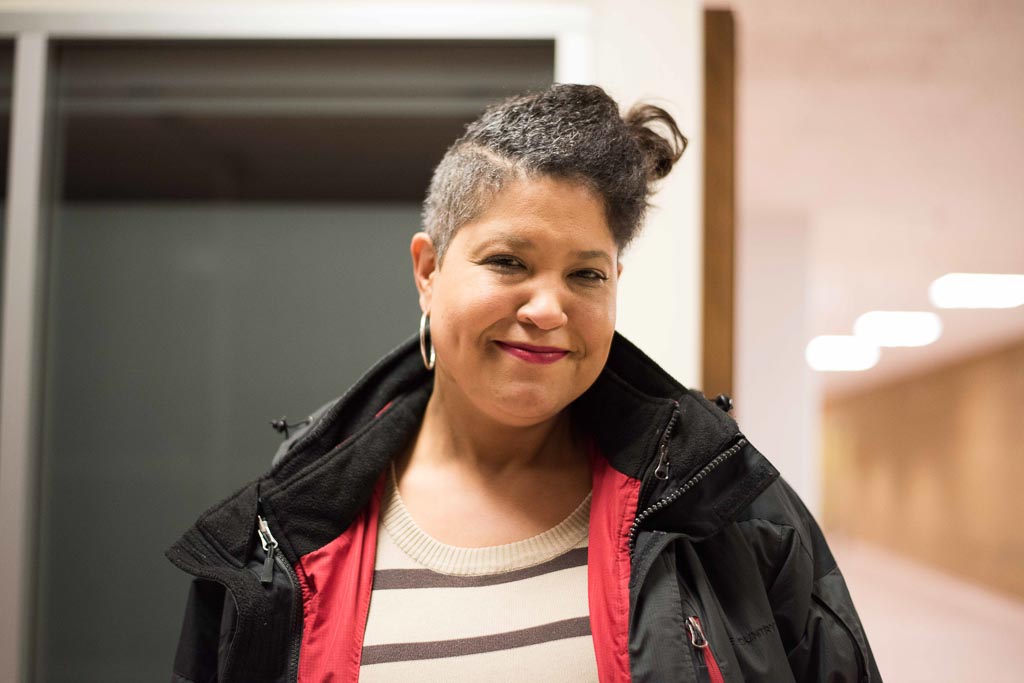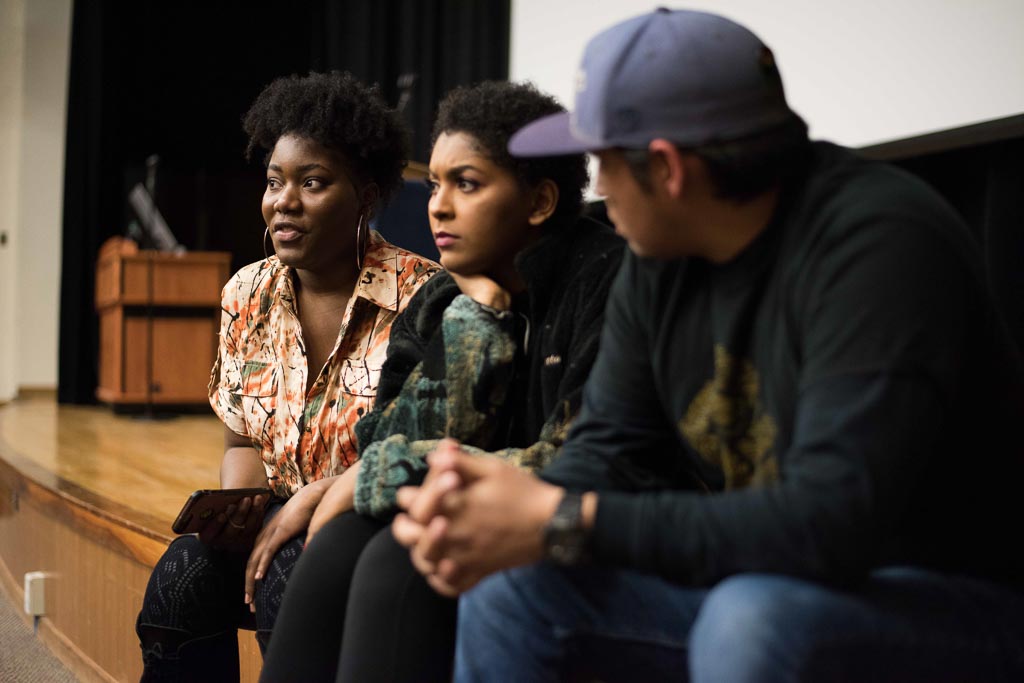Black Lives Matter Utah leader speaks at USU
Lex Scott, leader of Black Lives Matter Utah and the United Front Civil Rights Organization, spoke at Utah State University on Friday about the Black Lives Matter movement and her plans for this year.
“I’m not going to sugarcoat it,” Scott said at the beginning of her presentation.
Scott was born in Denver and raised in Salt Lake City. Both she and her husband attended USU, as have as her parents.
Scott got involved with protesting after Mike Brown was killed by Darren Wilson in Ferguson, Missouri in an act of police brutality.
“I was there in Ferguson and people would come and vandalize and loot and then leave and make our movement look bad,” Scott said. “My chapter of BLM is independent because it is a movement, not an organization, and I don’t need a certificate to validate my activism.”
In Salt Lake City, the Utah chapter of BLM has helped to publicize data from the police department about the individuals they stop and why they stop them. The movement has also helped set up a complaint button on the police department’s website and has initiated more de-escalation training for police officers in an effort to address the issue of police brutality.
“Black Lives Matter doesn’t hate police officers. We hate police brutality,” Scott said.
Currently, Salt Lake City is the only police department in Utah to have a body cam policy. Officers’ body camera footage must be released to the public immediately, unedited and with sound.
Scott stated that she’s gotten pushback from the Provo and Ogden police departments when she’s spoken to them about similar policies. “The reason is because I haven’t protested 30 times in those places like I have with Salt Lake,” she said. “This is proof that protesting works.”
Last year, Black Lives Matter Utah started Camp Wakanda and filled theatres with kids to see “Black Panther,” “A Wrinkle in Time,” and “Spider-Man: Into The Spider-Verse,” films that feature black actors in lead roles.
Scott has also helped register inmates to vote in Salt Lake and is currently renovating a bus that will be turned into a mobile black history museum.
Scott soon will be touring Marine Corps Base Quantico and meeting with the head of the FBI. While in Washington, she plans to seek legislative support for the Police Accountability Transparency Act, which she wrote.
The speech was sponsored by USU’s Black Student Union, and Scott commended the work that they are doing in the community and their inclusiveness to all races, sexualities and genders.
“To be a person of color in this day and age is to be a teacher,” said Khairo Robinson, the public relations manager for BSU. “It’s not every person of color’s job or every trans person’s job to educate others. We need allies to take some of the work and help answer questions.”
BSU has been around for over a decade, but the club’s council is looking for more retainment and recruitment of members.
“A lot of white people thing that they can’t come to these meetings, and a lot of black people don’t come either because they say they are fine with their white friends, but like, still come,” said Cedale Armstrong, the BSU vice president. “BSU is a getaway to find people with things in common.”
The club has been advocating for more ally-training and better training in intersectionality.
“It’s really important to the community to have this space,” said Aeden Anbesse, BSU secretary. “It helped my transition from high school to college because I had a sense of community and had people around me who understood me.”
The Black Student Union will be hosting their annual soul food event on March 1, and meet weekly on campus in the TSC.
—erickwood8@gmail.com
@GrahamWoodMedia



